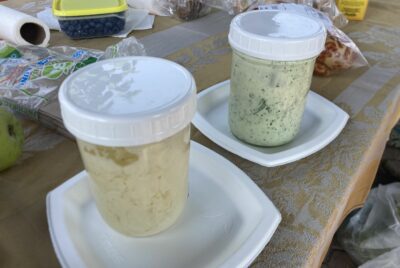RESEARCH
Horticultural Activity Program for Improving Emotional Intelligence, Prosocial Behavior, and Scientific Investigation Abilities and Attitudes in Kindergarteners
Summary
The study involved 336 children aged 5–7 from public and private kindergartens in Incheon, South Korea, who participated in weekly gardening activities over six months. Activities included planting, watering, making eco-friendly fertilizer, observing insects, and cooking with harvested produce. Results showed significant improvements in emotional intelligence, particularly in emotional regulation, social skills, and impulse control. Children also exhibited greater prosocial behaviors, such as helping, sharing, and cooperation.
Additionally, participation in the program enhanced scientific inquiry skills, including observation, classification, and measurement abilities. Both teachers and parents reported high satisfaction, noting that the program fostered curiosity, teamwork, and a connection to nature. The study supports integrating gardening into early childhood education to promote social, emotional, and cognitive development







